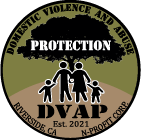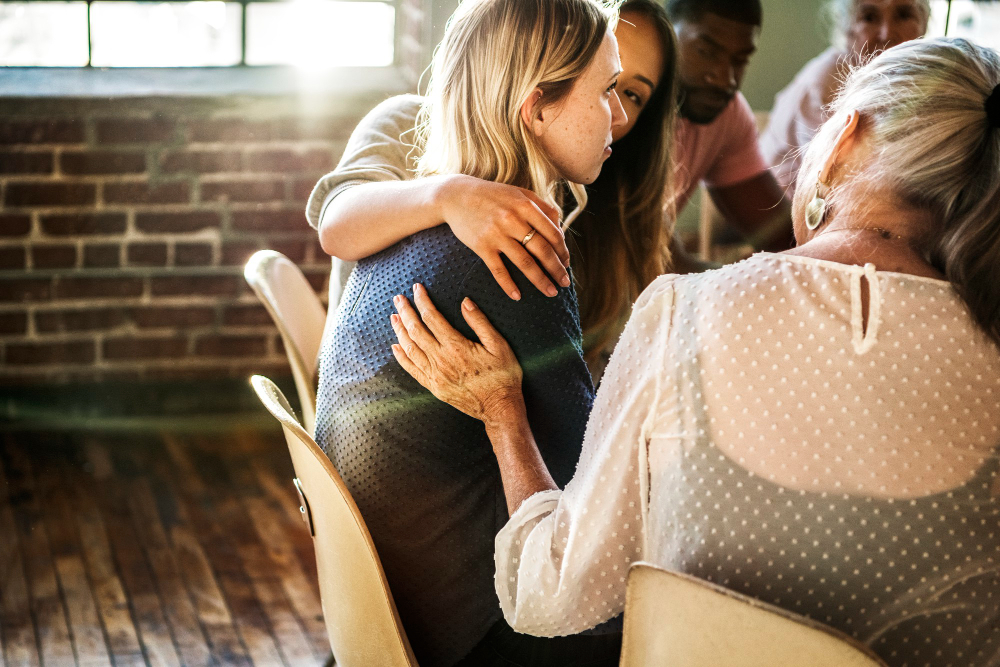Domestic violence and abuse often occur behind closed doors, leaving survivors feeling isolated, helpless, and trapped. Friends, co-workers, and community members can play a vital role in creating a support system that empowers survivors to take steps toward safety and healing. However, providing support must always be handled sensitively to ensure the safety of both the survivor and the supporter. Here’s how you can make a positive impact while maintaining a safe and compassionate approach.
Recognizing the Signs of Abuse
One of the first steps in supporting a survivor is learning to recognize possible signs of abuse. These signs may not always be obvious, as many survivors go to great lengths to hide their situation out of fear or shame. Some key warning signs include:
- Physical indicators like unexplained bruises, scratches, or injuries.
- Behavioral changes such as withdrawal, sudden anxiety, or a lack of confidence.
- Excessive control by their partner, such as monitoring phone calls, controlling finances, or forbidding contact with family and friends.
- Frequent cancellations of social plans or showing fear when discussing their partner.
If you notice these or other troubling patterns, it’s important to approach the situation with care. Assumptions or accusations can cause additional harm or put the survivor at greater risk.
Offering Emotional Support Safely
Providing emotional support can make a profound difference in a survivor’s life. A compassionate and non-judgmental approach is key. Here’s how to connect with them safely and effectively:
- Listen without judgment. Create a safe space for the survivor to share their thoughts if they’re comfortable. Avoid interrupting or offering unsolicited advice.
- Use supportive language. Validate their feelings by saying things like, “I believe you,” or “It’s not your fault.” Survivors often blame themselves for the abuse, and hearing affirmations can help them feel understood.
- Respect their pace. Survivors need time to process their circumstances. Avoid pressuring them to take immediate action—they know their situation best.
It’s crucial to avoid making promises you can’t keep or taking actions that could escalate the danger. For example, confronting the abuser or offering the survivor a temporary place to stay without considering safety can lead to unintended consequences.
Connecting Survivors to Professional Help
Your role as a supporter may also include guiding the survivor to professional resources. Encourage them to reach out to organizations like Domestic Violence and Abuse Protection, Inc. (DVAP) or other local services. These organizations offer guidance, legal protection options, and emergency assistance.
For those in Riverside, California, DVAP provides critical services, including 24/7 support. Share this information discreetly, as abusers may monitor the survivor’s communication. Encourage them to contact DVAP at (951)-275-8301 or email admin@dvapriverside.org for help.
Additionally, you can research shelters, hotlines, and counseling centers in the area. Providing specific resources gives the survivor actionable options to consider when they’re ready.
What Not to Say or Do
While your intentions may be good, it’s possible to unintentionally say or do things that worsen the situation. Avoid the following when supporting a survivor of abuse:
- Don’t ask “Why don’t you just leave?” Leaving an abusive relationship is incredibly complex and often dangerous. Financial dependence, emotional ties, or fear of retaliation may keep them from leaving right away.
- Don’t dismiss their fears. Survivors face real and often life-threatening consequences. Never minimize the danger they feel.
- Don’t take over their decisions. Taking control—even with good intentions—can strip a survivor of their autonomy. Instead, empower them to make choices that feel safe for them.
The Power of Community Support
It’s important to understand that supporting a survivor isn’t about “rescuing” them but about being a steady source of compassion and connection. By recognizing the signs, offering emotional support, and guiding them to professional resources, you can create a ripple effect of awareness and understanding within your community.
If you want to deepen your impact, consider sharing information about DVAP and similar organizations or engaging in education programs focused on domestic abuse awareness. Communities thrive when everyone takes responsibility for creating a safe and supportive environment.
Are You Experiencing Domestic Violence or Abuse? DVAP Is Here To Help
Domestic Violence and Abuse Protection, Inc. is a non-profit organization committed to protecting the victims of domestic abuse. When restraining orders are not enough, we are there to provide the determined protection you deserve. We are located at 3900 Orange St. Riverside, CA. Call us at (951)-275-8301 (24 hours). Alternatively, you can email us at admin@dvapriverside.org.






